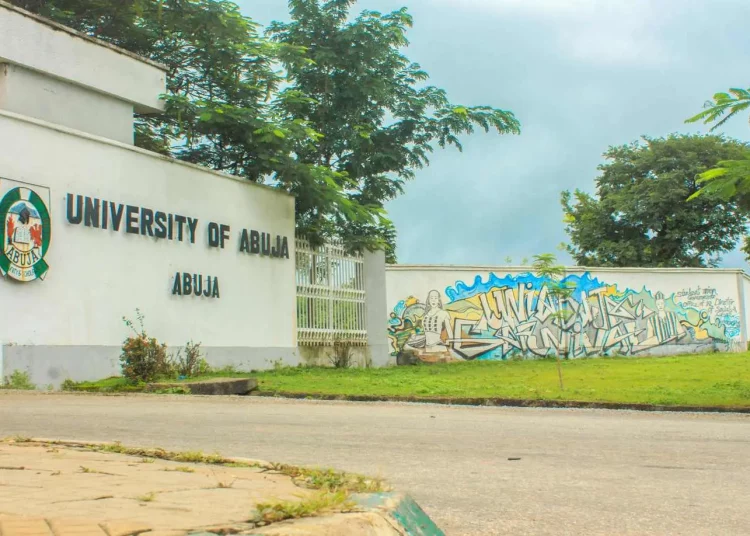Abuja – As the University of Abuja navigates the ongoing legal and administrative impasse triggered by the Tinubu Administration, increasing attention is being directed at the key players in the unfolding leadership saga. The controversy stems from the abrupt dismissal of the University’s governing authorities and the imposition of a sole administration, a move widely criticized as a violation of due process.
The crisis began when the federal government, purportedly acting to resolve a supposed transition dispute, removed the entire governing authorities of the institution without adherence to the University’s extant laws. This decision saw the appointment of a one-man Governing Council and an acting Vice-Chancellor, Professor Patricia Manko Lar, to oversee the university for six months. The removal of the previous governing council and the imposition of an interim administration have since sparked discord within the academic community.
A primary point of contention remains the perceived illegality of the imposed leadership structure, which stands at odds with the traditions and operational norms of Nigerian universities. Within the academic ranks, tensions continue to escalate. The Academic Staff Union of Universities (ASUU) has strongly condemned the government’s actions, viewing them as an infringement on university autonomy. Conversely, a faction of the University Senate, referred to as G44—or G43 by some—has aligned with the acting Vice-Chancellor and praised the government’s intervention.
This division has led to significant infighting, with G44 members benefiting from new appointments under the acting administration, raising suspicions that some within the group are positioning themselves for the upcoming Vice-Chancellor selection process. However, their growing conflict with ASUU at both the local and national levels threatens to ignite a broader crisis within the university community. Already, a number of G44 members have faced disciplinary scrutiny from the local ASUU branch, with indications of national-level endorsement of these actions.
The emergence of the G44 faction can be traced back to the contentious selection process for the University’s 7th substantive Vice-Chancellor, which culminated in the appointment of Professor Aisha Sani Maikudi. Reports suggest that a financially influential candidate, having failed in his bid for the position, mobilized allies and resources in an attempt to challenge the transition process. His efforts reportedly included strategic funding to secure influence in the election of Senate representatives to the Joint Council and Senate Selection Board, a move that significantly shaped the unfolding crisis.
With anti-graft agencies now allegedly monitoring the financial dealings of key players in the dispute, the University of Abuja remains at the center of a governance storm. As legal and administrative questions persist, stakeholders continue to debate the institution’s path forward amidst concerns over stability and adherence to established university governance protocols.

